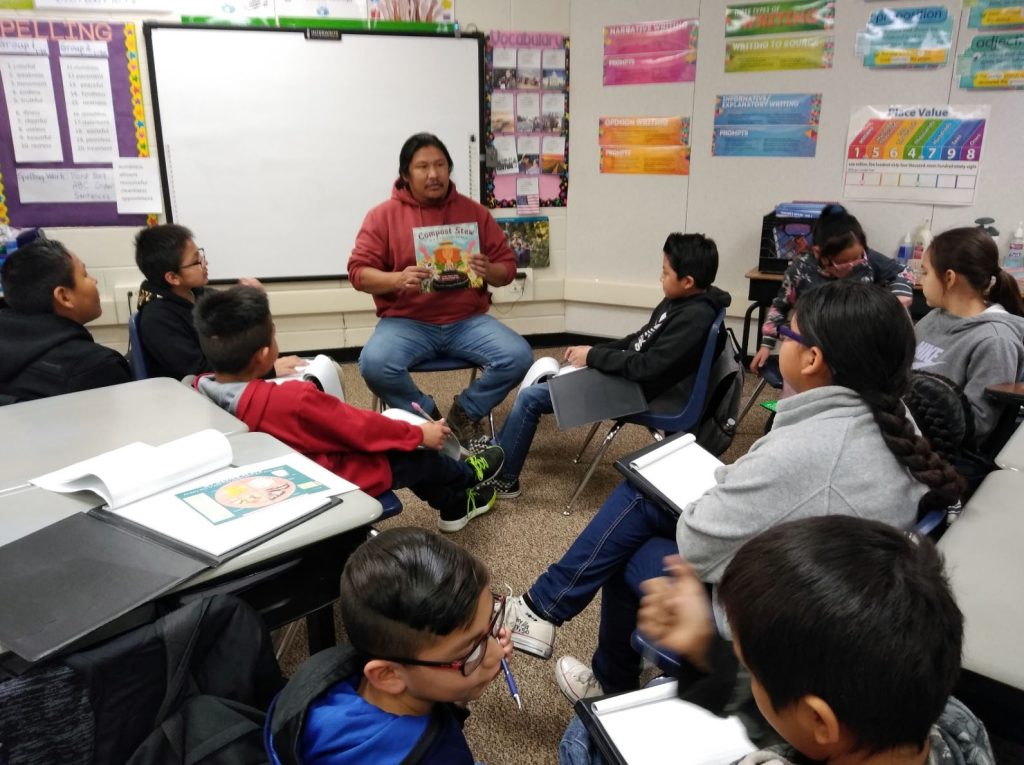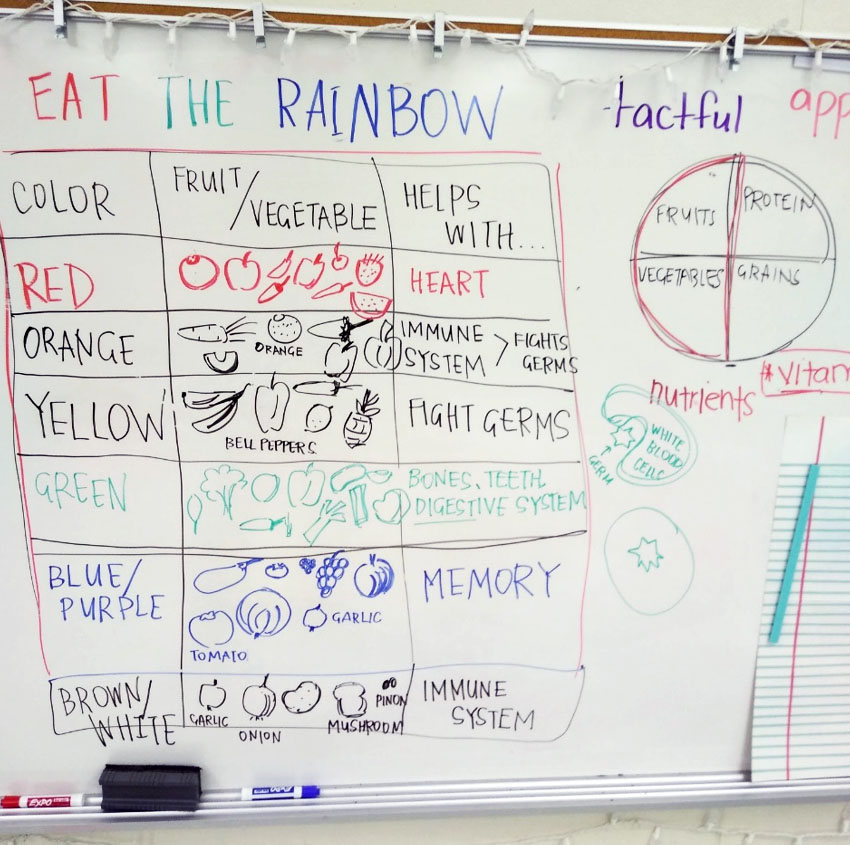Nutrition Study in the Navajo Nation Receives Recognition from American Journal of Preventive Medicine

The Navajo Nation is a sovereign nation of the Diné people, spanning parts of Arizona, New Mexico, Utah, and Colorado. Gardening and healthy eating are priorities in the Navajo Nation. Historically, the Diné people have sustained their food security through their connection to the land, but today the USDA classifies the majority of the Navajo Nation as a food desert. Due to limited access to healthy foods, about half of the adult population are living with either type 2 diabetes or prediabetes compared with 9.4% of the adult US population. This prompted further collaboration by the team at the University of Washington, Fred Hutch, and New Mexico State University to create interventions that could provide community support, and research that focused on addressing the health concerns within the Navajo Nation, particularly adolescent obesity and risk of chronic disease.
The project that emerged was part of the Partnership for Advancement of Cancer Research, with funding provided by the National Cancer Institute (NCI). Over the course of a school year between 2019 and 2020, Department of Epidemiology Emeritus Professor Shirley Beresford jointly led a study called “Group Randomized Trial of Healthy Eating and Gardening Intervention in Navajo Elementary Schools (Yéego!).” The Yéego! study was conducted in six elementary schools in two areas of the Navajo Nation: Tsaile in Arizona, and Shiprock in New Mexico. The school-based intervention trial aimed to assess the effectiveness of a healthy eating and gardening program, developed and piloted by the study team. In coordination with the schools, the program established a school garden and provided culturally relevant curricula in nutrition and gardening. Over the course of an academic year, researchers measured behaviors in third and fourth grade students through survey questions, as well as a picture sort tool, which estimated the frequencies of consumption of ten major food groups of the Navajo diet.

Although the end of the program was interrupted by the COVID-19 pandemic, resulting in students to be sent home toward the end of the academic year, Beresford’s study found that the program increased fruit and vegetable behavior (confidence to eat fruits and vegetables) among these students.
In December 2023, the Yéego! study publication was awarded the American Journal of Preventive Medicine (AJPM) Focus 2022 Article of the Year for Inclusivity in People. Editors of AJPM Focus recognize Article of the Year awards by appraising metrics related to an article’s wide public appeal, high scholarly diffusion potential, and strong methodological quality. “All my research has relied on community input and collaboration with people from other disciplines,” Beresford said. “The study’s success was built on existing connections, through my colleague at New Mexico State University, with the Navajo Nation, and their interest in research where gardening and health intersect.” Over her career, Beresford has published over 250 articles on chronic disease, focusing on nutritional or socio-behavioral factors. This body of work has made significant contributions to population health, understanding health determinants patterns, and interventions that reduce health disparities. Beresford and her colleagues in New Mexico and at the University of Washington School of Public Health, have created opportunities for further investigation into ways nutrition interventions can be responsive, culturally competent, and woven into existing Navajo education.